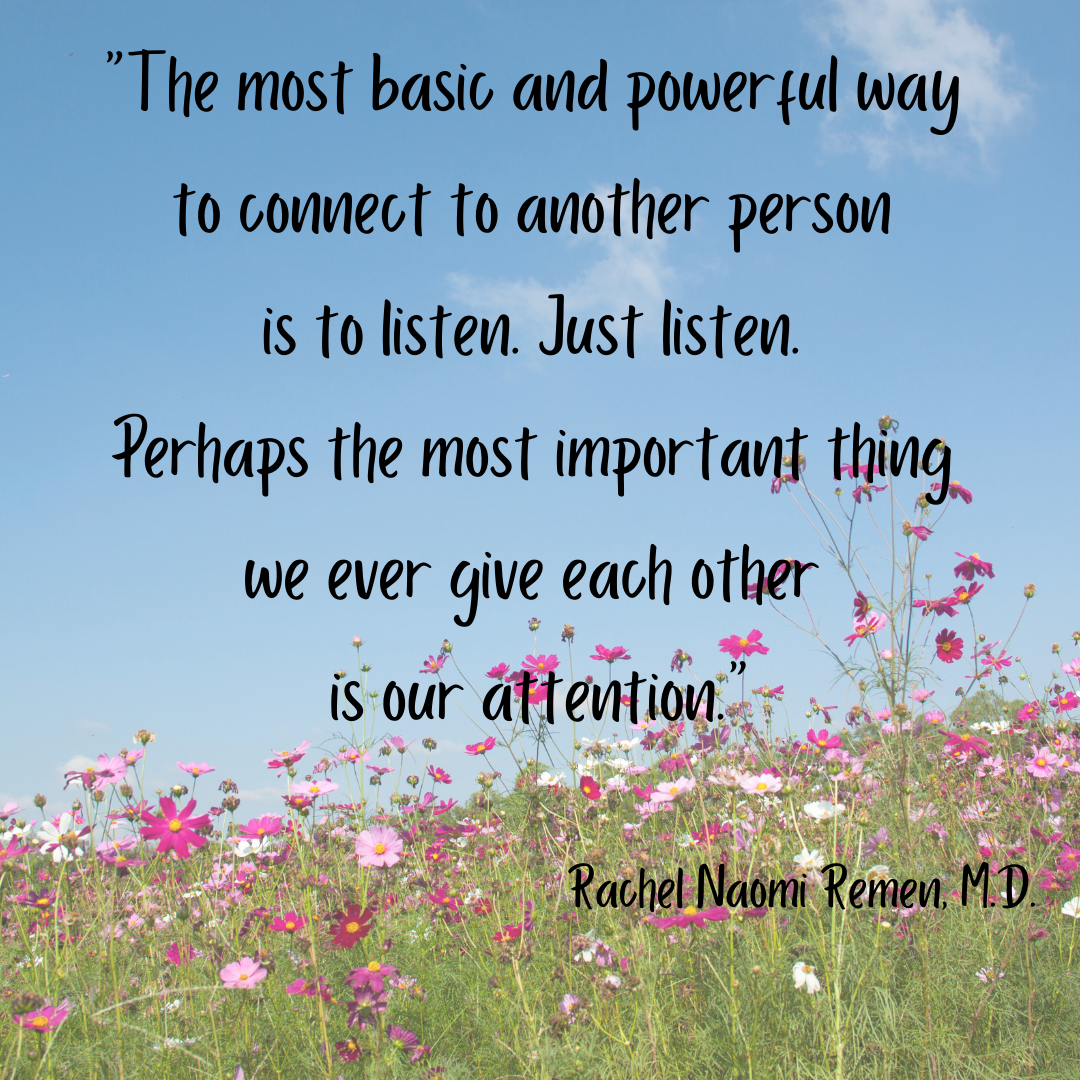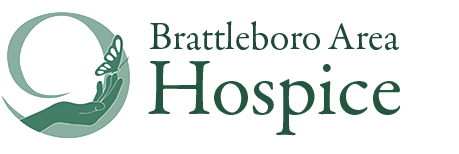
29 Apr Volunteers Are the Heart of Hospice
By Patty Dunn, Hospice Program Coordinator
This week my heart broke when I learned that my hospice “alma mater” was closing its doors. After 37 years of serving the Addison County community, our sister volunteer hospice in Middlebury, which was modeled after Brattleboro Area Hospice, will begin its transition. It seems ironic to use a death metaphor for a hospice organization.
The modern hospice movement began with volunteer hospices. They existed long before the federal government, in its wisdom, actualized the importance of a medical specialty for end-of-life care, which by the way, included a mandate to incorporate the service of trained hospice volunteers. There are less than 200 volunteer hospices remaining in the US. And with this news, there will be only 1 left in VT. It is hard to fathom that kind of neighbors-helping-neighbors type of care changing dramatically or disappearing altogether. I share the faith of those at End of Life Services in Middlebury that believe their unique mission will find a new and Rightful home.
As I imagine this, I feel moved to reflect on the beautiful “square peg-ness” of an all-volunteer hospice in the round hole of an ever-increasing technical healthcare system. Hospice volunteer services are not technical. They are 100% heart-centered and human. They aren’t associated with the technical aspects of modern medicine and the accompanying need for sterility and expertise. Volunteers are not experts. They are heartful companions with an attentive and listening ear that so many vulnerable patients and grieving people secretly long for—sometimes more than the best and complex medical treatments available to them. Often they need something much simpler and more nurturing: kindness, generous listening, acceptance of who, what, and where they are.
What comforts people when they are lonely and scared is someone who will accompany them and understand its importance. There is not as much need for skilled, trained, psychotherapeutic interventions or advisors, as for someone who is willing to be present with them where they are—even in their fear, disappointment, despair, loneliness, isolation, helplessness, distress, fatigue, and suffocating uncertainty.
Someone who encourages their joys and the need to inhabit the fullness of their lives and spiritual selves, despite their physical limitations. Someone to let out a loud guffaw when something funny creeps in. Someone who will be playful. Someone to weep with them. Someone to be quiet with them. Someone to watch mundane tv with them… and in the moment when they hit the mute button to say something profound, intimate, and honest that they haven’t dared tell anyone else, a caring person receives it as gently and reverently as one would receive a newborn.
In a culture that regularly abandons people who are experiencing emotional distress, hospice volunteers turn toward them, rather than away from them. Volunteers are comfortable with the dying and grieving processes, partly because they ponder their own mortality and continue to process their losses. Those experiences fuel their understanding that grief is a healing process that can transform the pain of loss.
Their hospice training focused on the importance of healthy boundaries and self-care. They’ve learned to navigate turbulent human dynamics without losing themselves or their steadiness. They bring authenticity. Their service stems from a sense of equality. They may appear healthier and stronger than those they accompany, but they see themselves as equals.
They know that “we are all walking each other home” (Ram Das). They serve with their wholeness: their vulnerabilities, sorrows, joys, strengths, weaknesses, doubts, and unknowing. That very dynamic can be disarming to those they accompany, who begin as strangers, but quickly become welcoming and trusting companions. And as my dear colleague, Laurie Borden, said this week in a meeting (I paraphrase): “the best last thing one can experience in life is a hospice volunteer.”
With this reflection, and in honor of National Volunteer Month, I bow to you, our volunteers, with fondness, appreciation and respect.
Thank you,
Patty

